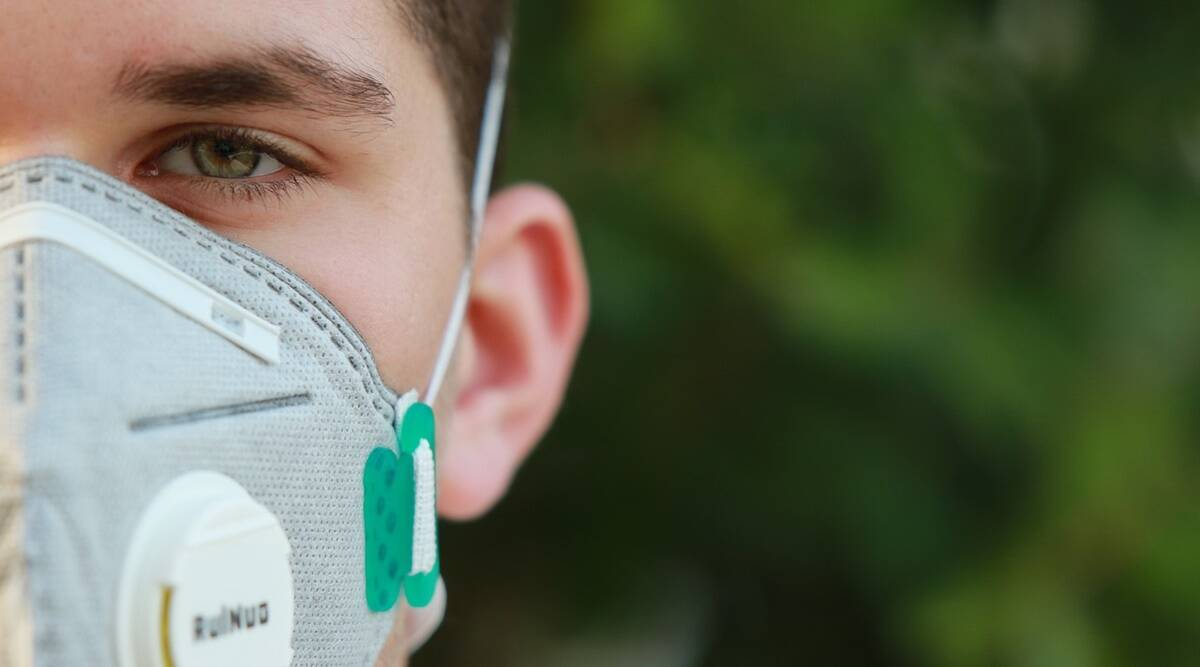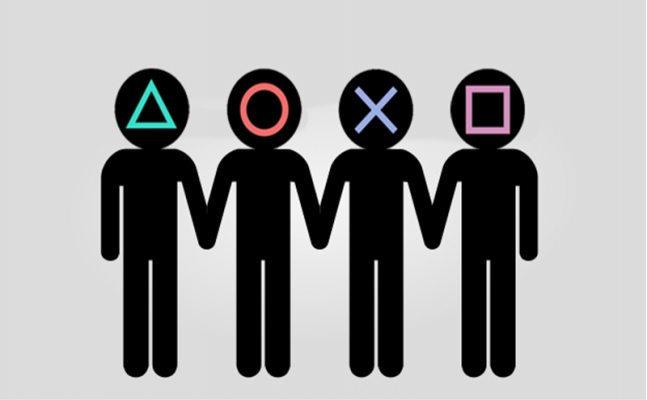Covid-19: Here is why the early intervention of testing and diagnosis is important
- Gayatri
- Monday | 26th October, 2020

Some important points to remember when getting yourself tested for COVID-19
The pandemic is in full force and there seems to be no end to it. Currently, the country has the second-highest number of cases with more than 71 lakh confirmed cases.
Dr Niranjan Patil, Head of Molecular Biology at Metropolis Healthcare points out “On October 12th, India tested over 10,73, 014 samples. There are over 1927 labs approved for testing (private and government) across the country. “
In order to debunk a few myths and answer some questions, Dr Patil explains the kind of different tests being done in the country to diagnose COVID-19 and its accuracy.
What are the different tests present for testing COVID-19?
The RT PCR test “remains the gold standard for testing and confirmation of the diagnosis of COVID 19. A nasal or a throat swab sample is collected, the viral RNA is extracted from this sample and amplified to detect SARS-CoV-2″ shares Dr Patil.
Another test is the TrueNAT test which works just like the RT PCR. Dr Patil shares it has been used extensively for HIV and Tuberculosis testing. “A confirmatory test is done if your TrueNAT test comes positive. However, if TrueNAT is negative, then no further tests are needed to rule out infection: stated Dr Patil.
Lastly, rapid antigen tests are also being used in containment zones and at hospitals. “People testing positive with a rapid antigen test are immediately isolated. If the test is negative, a follow-up RT PCR is done to rule out infection” stated Dr Patil.
Some important points to remember when getting yourself tested for COVID-19
Your test will come positive during the active phase of infection when you get the RT PCR test since it is a highly sensitive test. Not only that. It is not possible for someone to have a normal cold and cough and be tested positive for COVID 19. A person who has been exposed to the virus, if tested during the infectious stage will test positive.
Secondly. understand that testing goes beyond diagnosing whether you have a virus or not if one is exposed to this little-known virus, remember it is a critical piece of health information for future health and well-being of not only yourself but the society.
Lastly, if you test positive, the lab will notify the concerned public health department. Testing positive is not scary but will help you take important steps for your own health and well-being apart from keeping your family safe especially if you have elders and members in the family who may have other conditions that put them at risk if they are exposed to COVID 19.

If You Like This Story, Support NYOOOZ
Your support to NYOOOZ will help us to continue create and publish news for and from smaller cities, which also need equal voice as much as citizens living in bigger cities have through mainstream media organizations.











